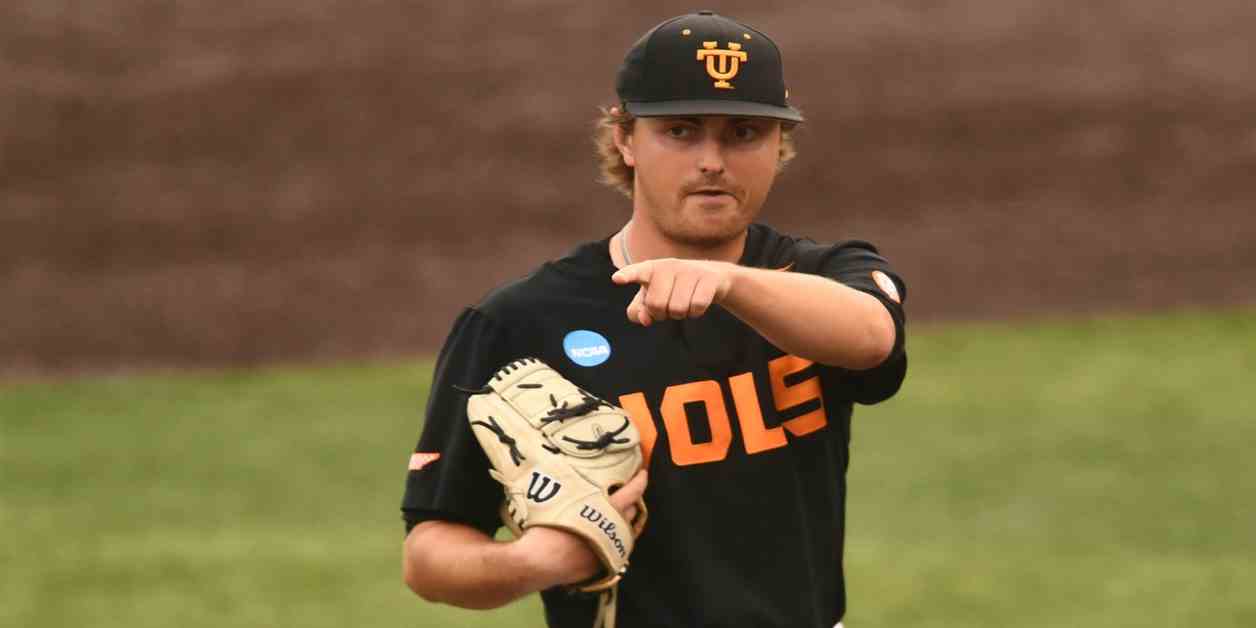Josep Maria Bargalló walks through the Plana d’en Llop estate, in La Serra de Almos, and stops at a row of vines that are over a hundred years old. He says that his great-grandfather Josep planted them after the destruction caused by the phylloxera plague and that his father and his grandfather saw them growing. Like Josep Maria’s ancestors, this century-old vineyard has overcome all kinds of adversity, but in 2023 it has experienced one of its worst moments. “The shoots are much thinner, they are very weakened, and even if from now on it rains as much as necessary, in the best of cases in 2024 we would harvest 20% less than a normal season,” comments the protagonist of the first episode of the Ahogados series. due to the drought, which begins today. Last fall he obtained a little more than half as much grapes as usual, about 61 tons compared to between 115 and 120 in other campaigns in which water has not been a problem.
Bargalló, 58 years old, cultivates a total of 40 hectares on different farms, mainly vineyards and olive trees, and to a lesser extent almond trees, of which 28 have drip irrigation support. Although La Serra d’Almos, a Decentralized Municipal Entity of Tivissa, belongs to the Ribera d’Ebre region, its wines have the Montsant designation of origin. In Plana d’en Llop, old vines coexist with those planted two decades ago of the varieties of Cariñena, Garnacha and Syrah, in a landscape in which some dry stone terraces appear. He sells all of his production to wineries in Falset, Marçà, El Molar and Capçanes at an average price of just over one euro per kilo of grapes.
He says that unlike some areas of neighboring Priorat, which have suffered two or even three years of drought, in La Serra d’Almos the water crisis exploded later, in 2023. “In November 2022, the level of the reservoir Guiamets dropped from 9% and today we are at 5%. I am assigned a maximum of 1,500 cubic meters of water per hectare and year, although normally it was not necessary to consume this entire amount. In 2023, between the swamp being below minimum levels and the fact that there has been so little rain, we farmers have not been able to irrigate the fields,” he details. An added historical problem is that of leaks in Guiamets, which have required waterproofing works to be undertaken.
Bargalló left school at the age of 14 and began working in the fields with his father and grandfather. “Of the different droughts that Catalonia has suffered in recent years, three have affected me. The first, in 1982 and 1983, although then the swamp saved us. In 1980 we had installed sprinkler irrigation, but in 2009 we changed it to drip irrigation, which is more efficient. In the second, in 1993-94, Guiamets was empty and we could not irrigate for two years. This, the third, is the most worrying. The difference is that before the agricultural companies were family-owned and with the little you earned you got by, but I have two workers and the solution is to go into debt or decapitalize, to sell land, but this would be the last resort,” he reflects. “When I don’t harvest what I have, my salary goes down or disappears,” he remarks.
This veteran farmer, with more than 35 years in the Unió de Pagesos union and member of the governing board of the Comunitat de Regants del Baix Priorat, regrets the lack of long-term perspective of everyone, especially politicians. You can’t be late when it comes to water issues. “We have not learned anything from the drought of 2008, while the water is coming out of the tap no one cares; It is the same as with forest fires, it is not about having more fire trucks and planes, the fires are put out in winter.”
If the measure proposed by the Department of Climate Action of the Generalitat to divert flows to Guiamets through a connection with the Ebro achieves the necessary consensus and the approval of the Hydrographic Confederation of the Ebro (CHE), the solution would take time to materialize. Councilor David Mascort announced on December 14 in Falset that a study is “viable to consolidate the irrigation network, in the Siurana river basin, the Ebro water catchment in the municipality of Garcia and lead it in a first stage to Guiamets , store the necessary volume for the Baix Priorat and pump the rest up to the Siurana swamp”. It should be remembered that the revision of the Hydrologic Plan does not take place until 2027 and that if this project receives the green light, the duration of the works is estimated at about two years.
Meanwhile, we can only look at the sky and assume that without the necessary rain the crops will continue to decline. “Look at this strain: the normal production is between ten and twelve kilos of grapes, but in the last harvest it only produced five or six,” he emphasizes.
Bargalló combines the vineyard with the olive trees, whose production has also fallen sharply, specifically to 17 tons compared to more than 45 in a normal campaign. The good part is that the price they have paid at the mill has increased substantially, almost double.
Despite the situation, he prefers to see the glass half full and not sink into despair. “I am an optimist by nature,” he affirms, “a fighter, an activist for the land, this is not an individual issue, we must face it collectively, and the vineyard and the olive tree are crops that endure a lot.”





